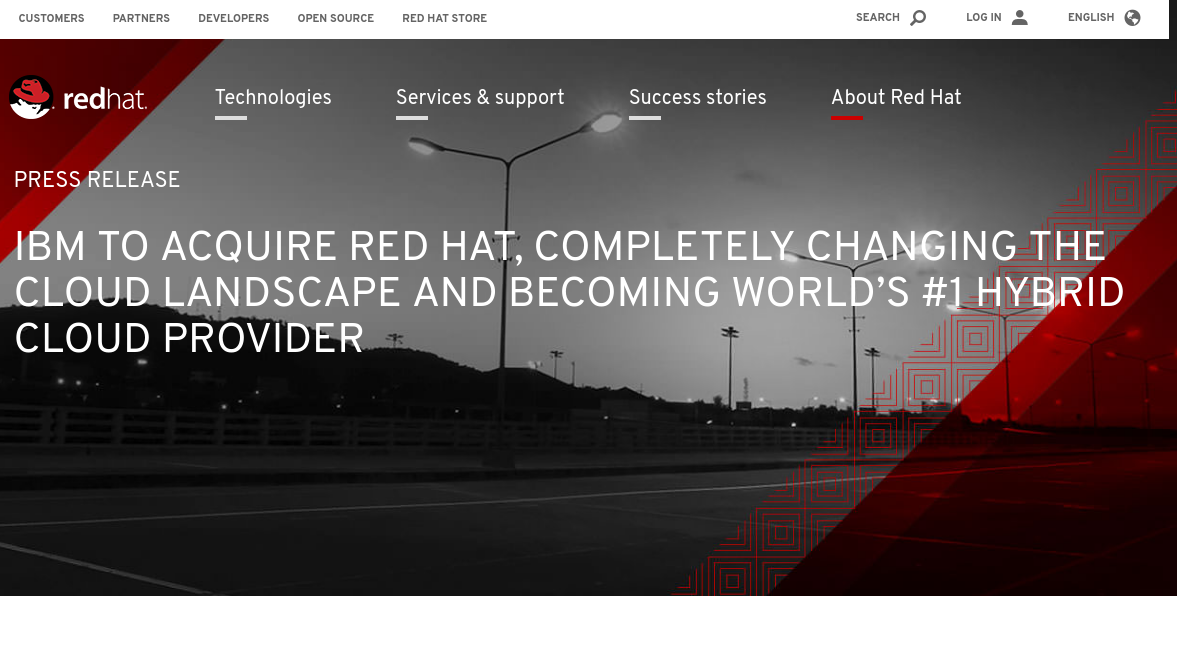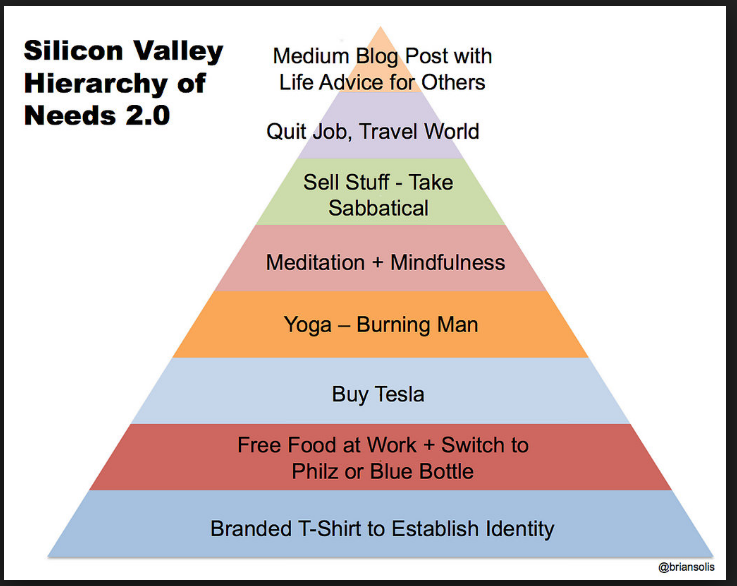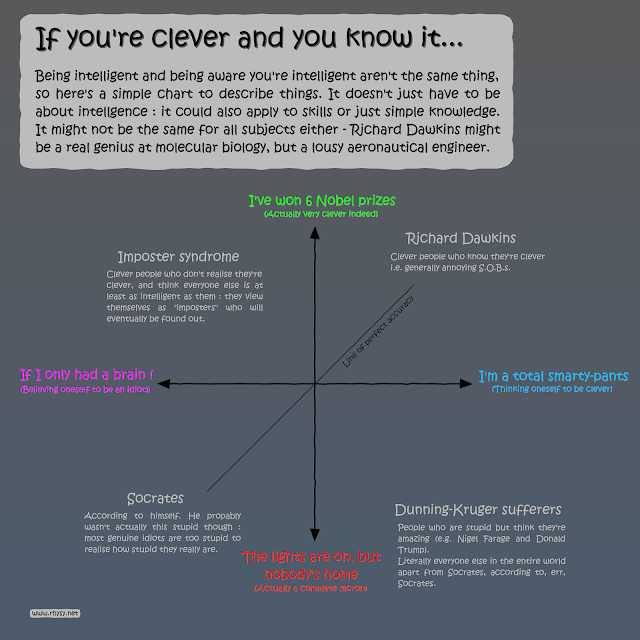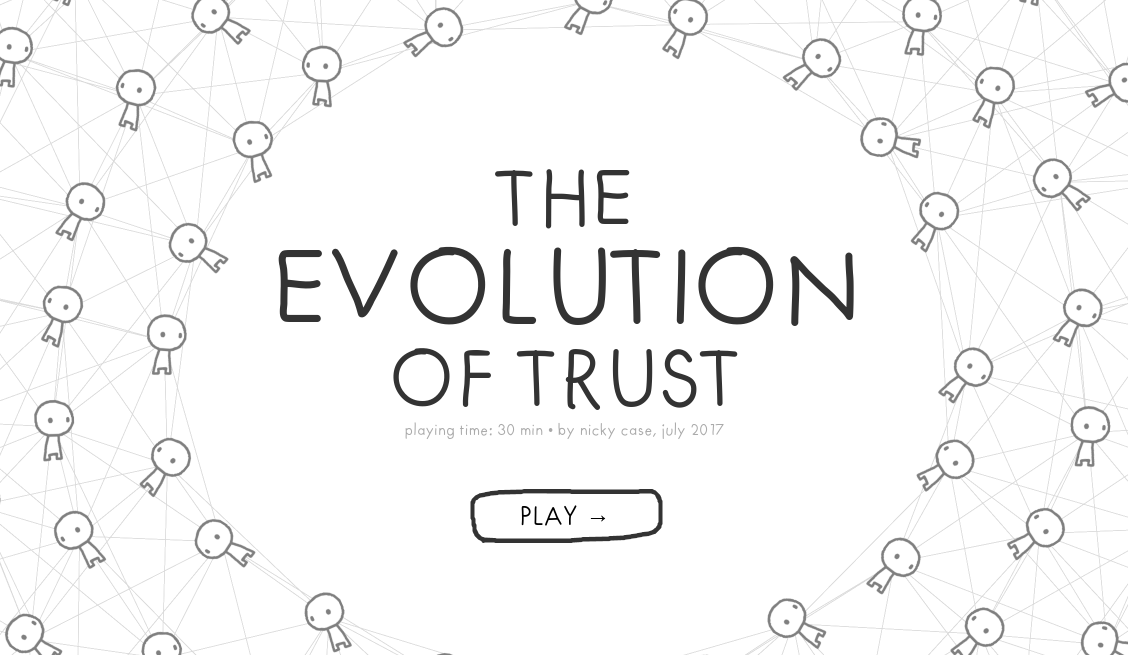https://blog.jessfraz.com/post/defining-a-distinguished-engineer/
Category: OSS Leadership
Lessons learnt in 20 years of leading Open Source enterprise teams
“Fear is a strange soil. It grows obedience like corn, which grow in straight lines to make weeding easier. But sometimes it grows the potatoes of defiance, which flourish underground.” (Terry Pratchett, Small Gods)
The Potatoes of Defiance – A presentation about a topic that has been on my agenda for more than 20 years…. this was the first time I gave it, I have been working and steadily improving it. Now it’s split into three parts: OSS Leadership, Motivation and Creativity. Here’s my last years’ OwnCloud Conference Keynote.
Youtube: Erfolg im Team: So geht Führung – Bernhard Zytariuk: Finde die Stärken in Menschen!
Ein guter Vortrag über Teambuilding und Führung: “Erfolg im Team: So geht Führung” von Bernhard Zytariuk
Money quote: “Die Fehler bei uns Menschen zu finden, das ist total einfach. Wir sind alles Mangelwesen mit großen Unzulänglichkeiten und die zu finden ist wirklich keine große Kunst. Aber die Stärken der Mitarbeiter zu finden, das ist die Hohe Schule. Und die Stärken dann noch zu entwickeln, das ist noch viel wichtiger.”
$34 billion: IBM buys Red Hat, “investment in hybrid cloud”
IBM acquires Red Hat | ZDNet as reported by my old friend Steven:

“In an unexpected report, Bloomberg stated IBM is close to announcing that it will be acquiring Red Hat. The news has been confirmed. IBM is acquiring Red Hat for $190.00 per share in cash. This a total enterprise value of approximately $34 billion.”
“Rometty continued,”Most companies today are only 20 percent along their cloud journey, renting compute power to cut costs. The next 80 percent is about unlocking real business value and driving growth. This is the next chapter of the cloud. It requires shifting business applications to hybrid cloud, extracting more data and optimizing every part of the business, from supply chains to sales.”
… and Jim himself on the Red Hat blog:
“We have barely scratched the surface of the opportunity that is ahead of us. Open source is the future of enterprise IT. We believe our total addressable market to be $73 billion by 2021. If software is eating the world – and with digital transformation occurring across industries, it truly is – open source is the key ingredient.
Powered by IBM, we can dramatically scale and accelerate what we are doing today. Imagine Red Hat with greater resources to grow into the opportunity ahead of us. Imagine Red Hat with the ability to invest even more and faster to accelerate open source innovation in emerging areas. Imagine Red Hat reaching all corners of the world, with even deeper customer and partner relationships than we have today. Imagine us helping even more customers benefit from the choice and flexibility afforded by hybrid and multi-cloud. Joining forces with IBM offers all of that, years ahead of when we could have achieved it alone. Together we can become the leading hybrid cloud solutions provider.”
Here’s the full press release by Red Hat …
The Evolution of Trust – Game theory tells us how trust emerges
… and what you can do about it. http://ncase.me/trust has a great, in fact the best explanation I have seen so far. (From my Leadership presentation).
The challenges with the open-source model
 Reality update: Open source and the demise of proprietary software – Timescale … :
Reality update: Open source and the demise of proprietary software – Timescale … :
“The challenges with the open-source model
Developing a successful open-source project is not easy As we can see from its history, there has always been a tension in open source: e.g., philosophical licenses focused on preserving “freedom” vs. permissive licenses taking a pragmatic approach. But there are two larger tensions today: (1) how to balance openness with sustainability and (2) how to manage the transition to the cloud.“
How to deal with a difficult manager or an incompetent boss…
We all now this never happens, but it’s good to be prepared.
The Muse explains how to deal with a difficult boss: 10 Brilliant Tips for Dealing With a Difficult Boss -The Muse
“In an ideal world, we would all have fantastic managers—bosses who helped us succeed, who made us feel valued, and who were just all-around great people. Unfortunately, that’s not always the case. But, whether the person you work for is a micromanager, has anger management problems, shows favortism toward one person, or just isn’t very competent, you still have to make the best of the situation and get your job done. To help out, we’ve gathered the best advice from around the web for dealing with a bad boss. Try one or more of these tips to find some common ground with your boss—or at least stay sane until you find a new gig.”
And Workitdaily has a good read about 5 Ways To Deal With An Incompetent Boss | CAREEREALISM … :
“While it can be frustrating to have an incompetent boss, an incompetent boss can seriously damage or derail your career. If they do have a serious lack of knowledge, we know that they can do nothing to grow you as an employee which means any growth will be yours to make happen. Let’s look at the potential damage they can inflict and what you can do to minimize or avoid.“
Hierarchy is not the answer.
My friends from Agorum got to the point here (only in German, though) … : Entscheidungsprozesse in einem selbstorganisierten Unternehmen.
“Hierarchie ist keine gute Antwort auf immer schnellere und komplexere Prozesse”
I think this silicon valley image from Brian Solis fits very well to that context … that reflects much more the kind of hierarchies we need:

Analytics training
I would say it’s a tie… but there’s one definitive evidence here:
am2OED2_700b.jpg (700×751):

The Seven Circles of Developer Hell
Awesome work by Toggl: The Seven Circles of Developer Hell [Infographic] – Toggl Blog
“Software development is a special kind of a nightmare. The kind that you wish you could wake up from, but can’t, because code is money and money is life.”

Leading through Chaos is so much more human

Applying chaos theory in a project based organization:
“Abstract Chaos theory is extremely useful in guiding behaviors in an organization that depends on project-based work for its vitality. The theory informs us that small initial conditions can have a huge impact on project outcomes; however, what actually happens is unpredictable. Nature, while chaotic, follows regular patterns, as does human behavior in organizations. An organic approach to the implementation of project management implies that we can learn tremendous lessons from nature on how to achieve better, more harmonious outcomes from our projects. Thus, by observing nature and paying attention to patterns in human behavior, we in essence create a “green”—as opposed to “toxic”—environment for project success.“
You might be wrong about your intelligence…
 My internet friend Rhys aka the Physicists of the Caribbean has written a great piece on why knowing yourself and others is not that easy: Know Thyself … :
My internet friend Rhys aka the Physicists of the Caribbean has written a great piece on why knowing yourself and others is not that easy: Know Thyself … :
“It should be largely self-explanatory. Intelligence (or skills or knowledge of a subject, perhaps other things too) doesn’t necessarily correlate with how accurately people evaluate their own intelligence.“
Influence – The Engineering Manager
 … : Influence – The Engineering Manager … I’m still reading:
… : Influence – The Engineering Manager … I’m still reading:
“Beyond just management Let’s look beyond the on-paper job description of a manager for a second. Indeed, if you are leading a team then you have responsibility for the performance of those that report into you. And yes, you are also accountable for the quality of work that is being delivered and its timely arrival.“
Leadership Antipatterns
Leadership Anti Patterns are a special variant of Antipatterns. They are dangerous, they kill productivity and they very often come together with Crocodile Management (Link is German), Mushroom or Bulldozer Management (a new manager comes in and guess what he does first?). You might also like to read about Leadership Behaviour patterns … but that’s Harvard Business School… or Antipatterns in Project Management.

